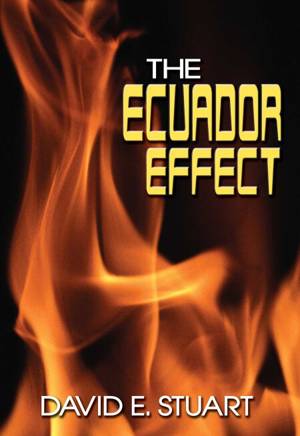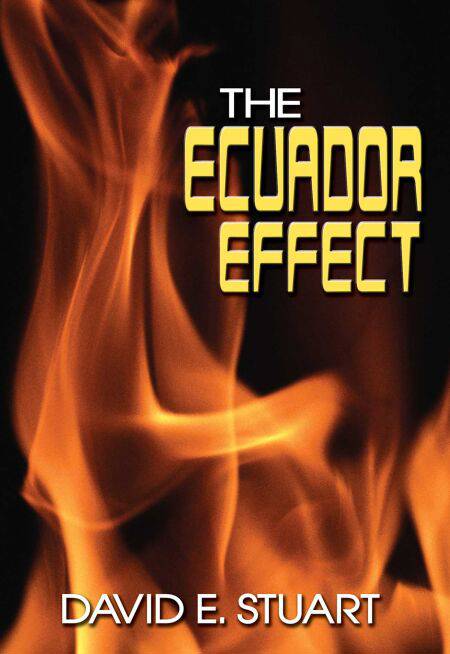
Bedankt voor het vertrouwen het afgelopen jaar! Om jou te bedanken bieden we GRATIS verzending (in België) aan op alles gedurende de hele maand januari.
- Afhalen na 1 uur in een winkel met voorraad
- In januari gratis thuislevering in België
- Ruim aanbod met 7 miljoen producten
Bedankt voor het vertrouwen het afgelopen jaar! Om jou te bedanken bieden we GRATIS verzending (in België) aan op alles gedurende de hele maand januari.
- Afhalen na 1 uur in een winkel met voorraad
- In januari gratis thuislevering in België
- Ruim aanbod met 7 miljoen producten
Zoeken
Omschrijving
May 1970, freelance human rights investigator John Alexander rides on horseback, away from the scene of his latest mission. Flames engulf the second story of the Hacienda Atalaya in southern Ecuador's Santa Isabel district that Alexander and a local named Efraín have just set ablaze. Their arson is not just a typical job in Alexander's "human rights" campaign. It is a symbolic burning of the powerful Veintimita clan's shady politics and exploitation of the local peasantry. A hired snitch who has investigated the international sex trade, agribusiness scandals, shady elections, and political murders for various foundations' boards, Alexander is a single guy with two American passports, a British residency card, a master's degree in folklore from Edinburgh, and an attitude.
Dark and fast-paced, The Ecuador Effect combines a liberal dose of Ecuadorian/Quechua Indian culture with the drama of a novel. David Stuart fictionalizes major events he witnessed while doing anthropological fieldwork in Ecuador and shares the real-life struggles of the cholos, the mestizos, and the indios in their attempts to maintain their working-class livelihoods in a strikingly stratified society that pushes them out of their traditional settlements.
PEN Southwest 2007 fiction finalist
Dark and fast-paced, The Ecuador Effect combines a liberal dose of Ecuadorian/Quechua Indian culture with the drama of a novel. David Stuart fictionalizes major events he witnessed while doing anthropological fieldwork in Ecuador and shares the real-life struggles of the cholos, the mestizos, and the indios in their attempts to maintain their working-class livelihoods in a strikingly stratified society that pushes them out of their traditional settlements.
PEN Southwest 2007 fiction finalist
Specificaties
Betrokkenen
- Auteur(s):
- Uitgeverij:
Inhoud
- Aantal bladzijden:
- 352
- Taal:
- Engels
Eigenschappen
- Productcode (EAN):
- 9780826341013
- Verschijningsdatum:
- 30/03/2007
- Uitvoering:
- E-book
- Beveiligd met:
- Adobe DRM
- Formaat:
- ePub

Alleen bij Standaard Boekhandel
+ 11 punten op je klantenkaart van Standaard Boekhandel
Beoordelingen
We publiceren alleen reviews die voldoen aan de voorwaarden voor reviews. Bekijk onze voorwaarden voor reviews.









